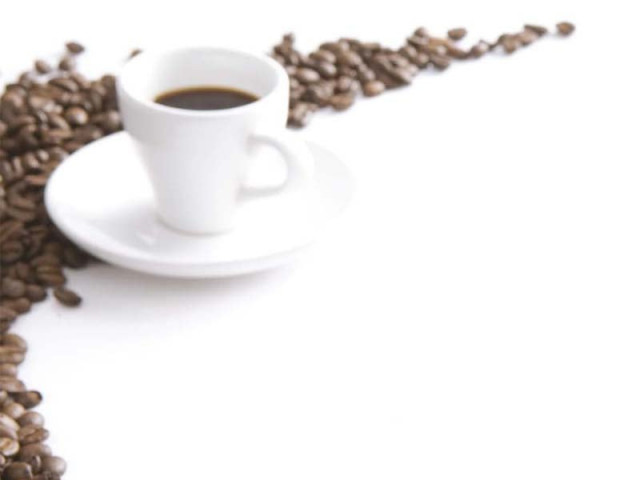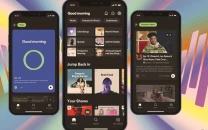A cup of coffee: Express(o) yourself
The contents of your coffee cup may be able to reveal your personality.

It is a drink with a long history, with the most commonly told story of its discovery being 1,200 years ago. According to National Geographic’s website, an Ethiopian goatherd saw his animals dancing from bush to bush after eating the berries. On trying them himself, he felt energised and took a handful to a monk, who made a drink from them to help stay awake longer for his nightly devotions.
The Guardian reports that coffee spread to nearby Arab countries in the last millennia and 500 years ago coffee shops were common in the Middle East — after coffee started being regularly imported into Europe and the Americas, shops became the ‘in’ place to enjoy a cup of coffee and a chat.
A few decades ago, the fashion was simply drinking coffee or not, but now it is a question of which kind — one is now able to select from a wide array of hot and cold coffee beverages ranging from cappuchino, mocha, or the more complicated Starbucks signature Creme Brulee macchiato.
How much can one’s personality be judged through their taste? According to The Breeze, a New Zealand based radio website, black coffee is seen as a manly-man’s drink, who wish to be seen as drinking a hard edged choice, where having any sweetener such as milk or sugar would be like having a safety blanket. A latte is far more of a woman’s drink and skinny lattes are even more popular amongst older women less secure about their weight. Decaffs — especially when they also lack sugar or anything fattening — are drunk by pedantics, reports redandblack.com. Frappuccinos are enjoyed by the exact opposite of decaff drinkers — had by (mainly) women who savour the guilty pleasures of drinking something less healthy but more enjoyable. Coffee with soy milk drinkers are hip and different, looking to show how distinct they are from the standard of everyday society. And an espresso is drunk by business people and intellectuals — people who are keen thinkers, or wish to be seen so.
Some people, like 30-year-old lawyer Sarah Ahmad agree that their signature beverage can reveal certain aspects about their personality. Ahmad says that, “I’m addicted to drinking mochaccinos and work colleagues think that it activates my thinking process and I’m a better lawyer for it”. But on the other hand, Zahida Khan, an 18-year-old college student, begs to differ, “I can’t decide which coffee to go for so I’ll order a hot cappuccino first and then order an iced latte to cool off. My friends think I’m indecisive but it doesn’t get to me, as I love all types of coffee.”
Like many stereotypes, there are some elements that were probably occasionally true to start them — caffeinated coffee was recently suggested in a study to prevent depression when drunk in moderation; soy milk is suitable for vegans who stand out in society for their diet; and so on.
However, as the selection of coffee drinks continues to grow year by year, standards become harder to apply — especially as people look to try the taste of new blends. What once may have been a label of who you are probably says less now than ever. To look at it another way, if you drink regular coffee at home and a latte while you’re out, you’re not telling the world you’re confused about who you are. You’re simply saying “I like coffee”.
Published in The Express Tribune, October 3rd, 2011.



















COMMENTS
Comments are moderated and generally will be posted if they are on-topic and not abusive.
For more information, please see our Comments FAQ